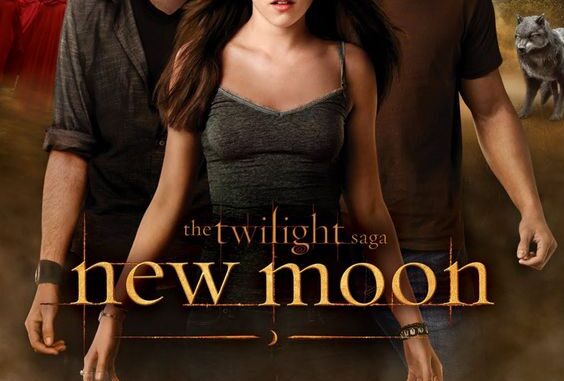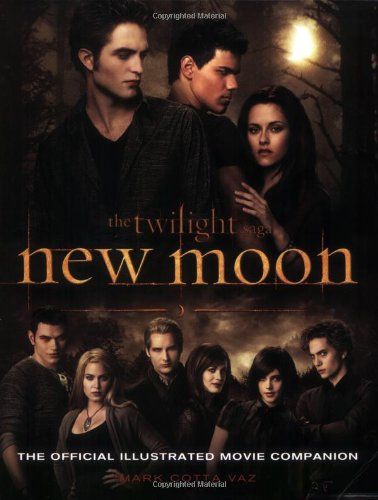
While director Chris Weitz lived to regret the choice, he was right to reject Taylor Swift’s request for a cameo in Twilight’s sequel New Moon.
Although New Moon’s director eventually wished that he never rejected a Taylor Swift cameo in the Twilight sequel, he was right to prioritize the franchise’s verisimilitude. Twilight was never a particularly grounded or believable franchise. The story of a teenage girl caught in a love triangle between a werewolf and a vampire was always going to be fantastical, but the Twilight franchise’s stone-faced self-seriousness didn’t help matters.
Unlike its campy, self-referential rival True Blood, Twilight took itself very seriously and offered little in the way of (intentional) comic relief. Like Twilight’s source novels, the movie adaptations didn’t offer many winking meta jokes to the audience, instead opting to focus on faithfully recreating the tone of the book saga even if this meant the movies often felt humorless. This was also the reason that the first Twilight sequel, 2009’s New Moon, gave for rejecting a Taylor Swift cameo, a choice that ultimately improved the franchise.
While New Moon director Chris Weitz went on to say that he kicked himself for vetoing a cameo from Taylor Swift, the choice was the right one for the franchise. While Weitz’s New Moon was the weakest Twilight sequel (and utterly wasted Jamie Campbell Bower’s under-seen villain Caius), the sequel would not have been helped by a background appearance from the eminently recognizable Swift. The pop star was a globally famous singer at the time of the movie’s release and would have been a massive distraction for New Moon viewers, something that Weitz accurately predicted when he was initially approached about a potential cameo role for Swift.
Why New Moon’s Canceled Taylor Swift Cameo Wouldn’t Have Worked
According to Weitz, Taylor Swift wasn’t picky about the role she would potentially play in New Moon. A huge Twilight fan, Swift was apparently happy to play ”someone at the cafeteria, or the diner or whatever,” according to Wait’s recollection since, as the director recalled thinking “she just wants to be in this movie.” Swift’s desire was more than understandable. Not only would Twilight become the biggest vampire franchise in cinema history, but in 2009, the cultural tide had not yet turned on the phenomenon and the Twilight saga was at the peak of its relevance. The book series was topping bestseller lists and New Moon’s cast were in-demand superstars, meaning Swift’s hopes to play a part in the franchise made perfect sense. Alas, it was not to be.
The director never seriously considered including Taylor Swift in Twilight: New Moon due to her fame. Per Weitz, “the hardest thing for me was to be like, the moment that Taylor Swift walks onto the screen, for about five minutes, nobody is going to be able to process anything.” While Swift wanted to play a background extra, this would have been bizarrely distracting, particularly at a time when Swift’s public profile was at its height. She was a widely known superstar and her young fan base had a huge overlap with the Twilight saga’s largely younger viewers, meaning a cameo that no one acknowledged in-universe would have been unavoidably bizarre and distracting—particularly in a series that was already getting flack for taking itself too seriously. As such, New Moon’s director was right to turn down a high-profile Twilight cameo despite how attractive the free publicity must have felt since this was what was best for the franchise as a whole.
